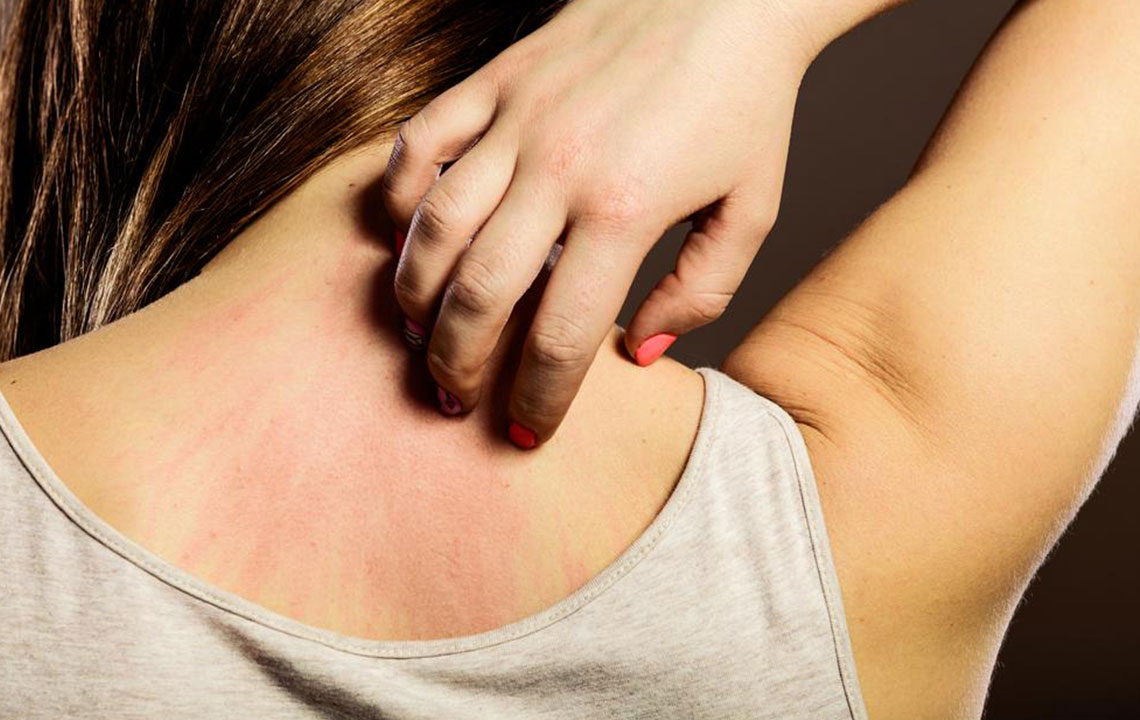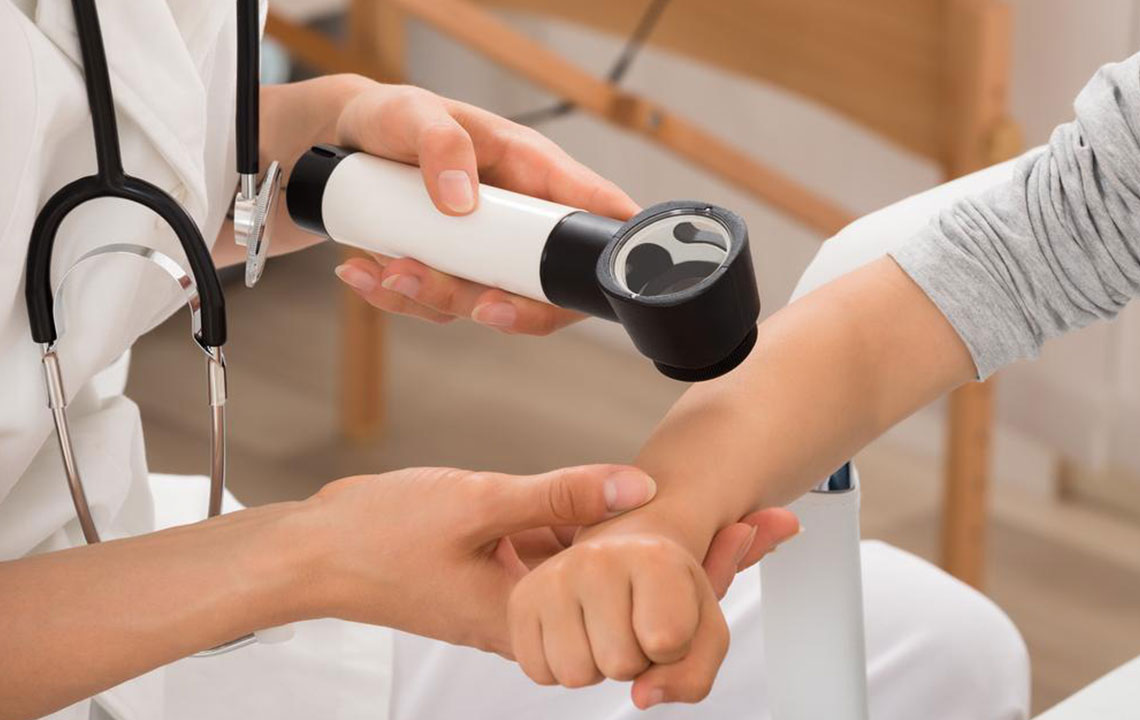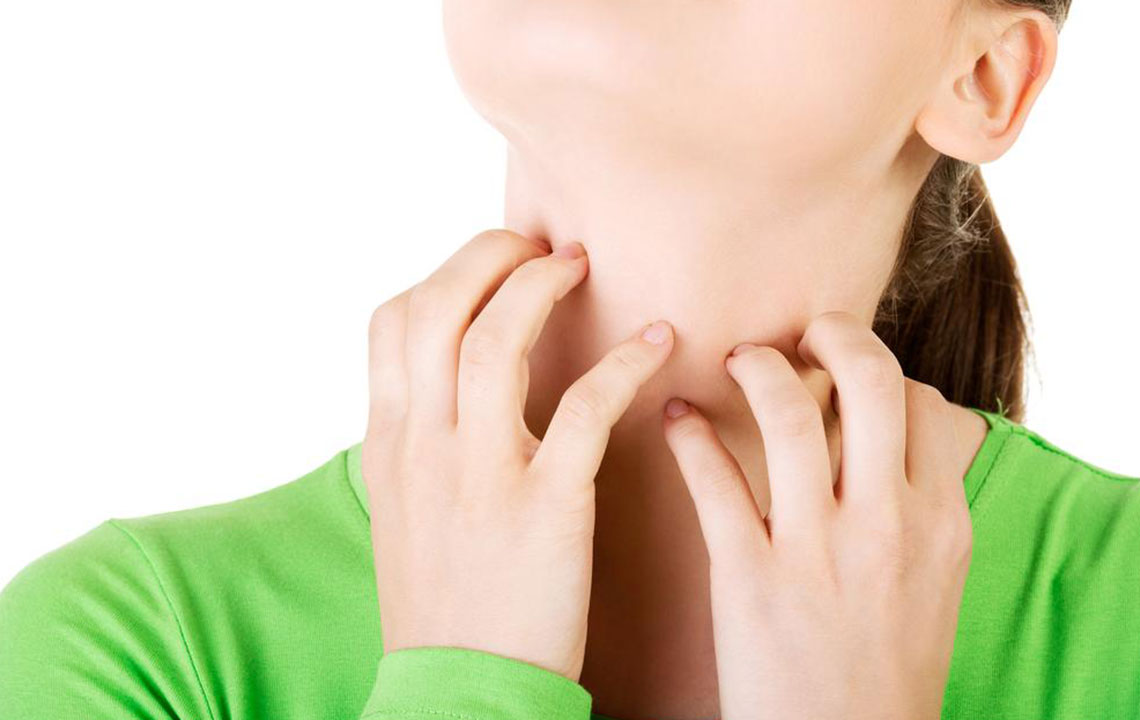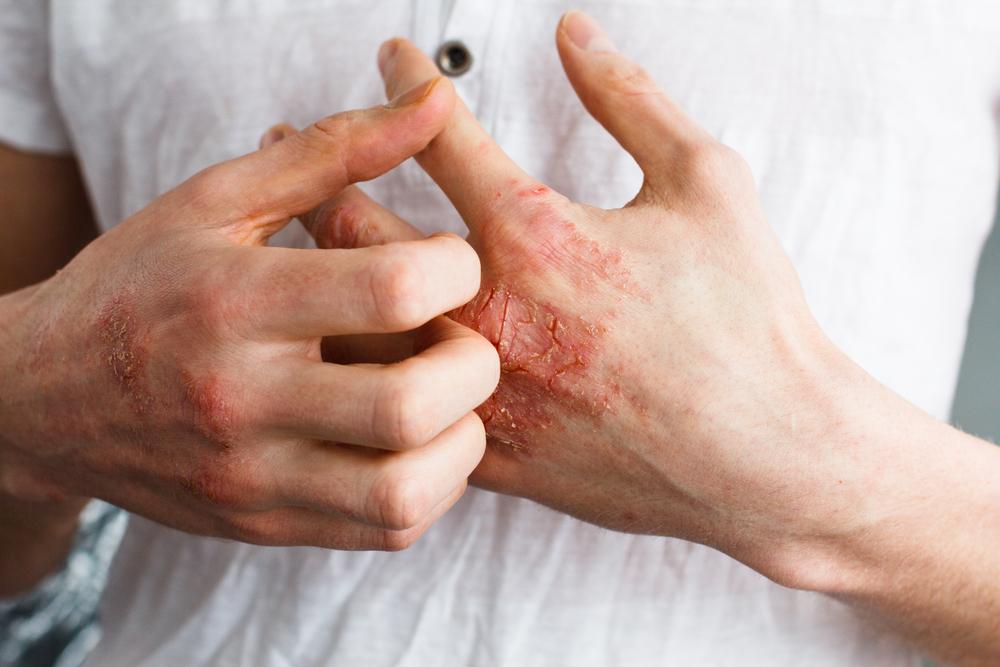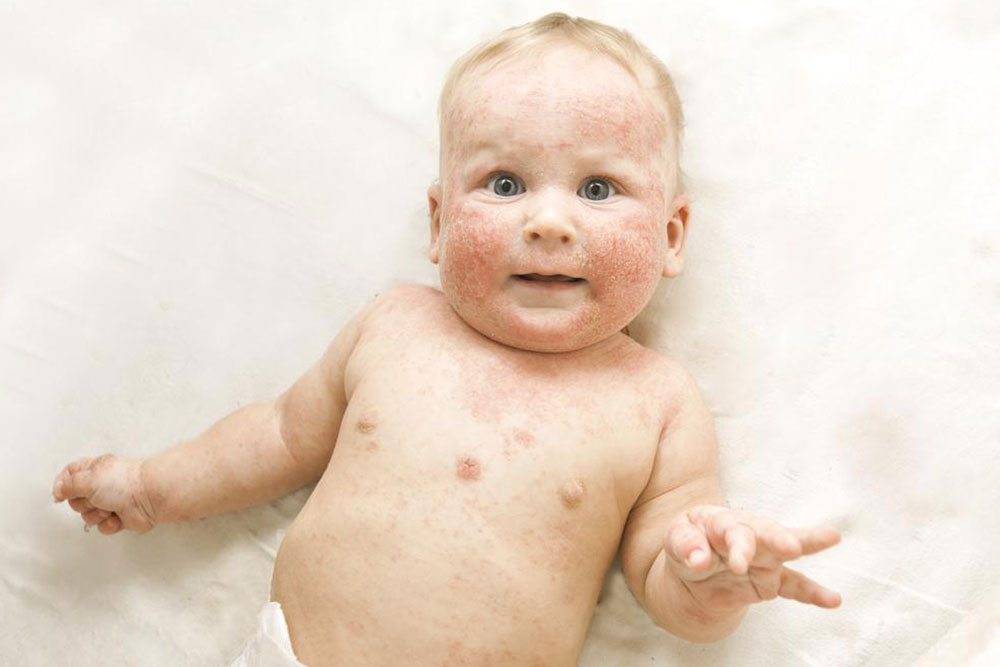Effective Strategies for Managing Eczema Symptoms
Discover comprehensive eczema management strategies including lifestyle changes, topical medications, phototherapy, systemic drugs, and alternative therapies. This guide offers practical tips to reduce symptoms and prevent flare-ups, helping sufferers regain healthier skin. Always seek medical advice before starting new treatments.

Effective Strategies for Managing Eczema Symptoms
Eczema is a skin disorder characterized by itching and inflammation, often resulting from genetic, environmental, or irritant factors. It commonly begins in childhood, with atopic dermatitis being a primary cause. Other triggers include excessive soap use, chemical exposure, allergens, poor circulation, fungal infections, and scabies. Successfully managing eczema often involves a combination of lifestyle modifications, topical treatments, medications, and alternative therapies to reduce symptoms and prevent flare-ups.
The most effective ways to treat eczema fall into several categories:
Lifestyle Adjustments
Adopting simple daily routines can significantly alleviate symptoms. Regular cleansing, moisturizing, and skincare are vital. Use gentle, fragrance-free products, avoid harsh soaps, and protect your skin from irritants.
Daily Skin Care Practices
After washing, moisturize promptly within three minutes. Incorporate soothing ingredients like oatmeal or baking soda in baths, and opt for gentle cleansers suitable for sensitive skin. Protect your skin from UV exposure with appropriate sunscreen.
Reducing Exposure to Irritants
Limit contact with chemicals, dyes, and raw foods that may trigger irritation. Use gloves when cleaning and handle detergents carefully. Keep fingernails trimmed to prevent scratching, and moisturize thoroughly after washing.
Topical Treatments
Steroid Creams
Topical corticosteroids help reduce inflammation, redness, and itching. Use prescribed steroids as directed to prevent side effects.
Anti-Itch Medications
Antihistamines, such as antihistamines, decrease itching sensations but may cause drowsiness. Avoid alcohol while taking these medications.
Additional Medications
Antibiotics
If infection accompanies eczema, your doctor may recommend antibiotics to treat bacterial invasion.
Anti-Inflammatory Drugs
Oral or topical options like cortisone or prednisone dampen inflammation, though they should be used cautiously under medical supervision.
Immune-Modulating Agents
Drugs like calcineurin inhibitors control immune responses and can be used when other treatments fail. Use should be short-term.
Phototherapy Options
UV Light Therapy
Exposing skin to UVB rays can reduce symptoms. Techniques such as PUVA combine psoralen with UV-A for enhanced effectiveness. These treatments are typically conducted under medical supervision.
Systemic Treatments
Biologic Drugs
Injected medications, such as Dupilumab, target specific immune pathways to decrease eczema flare-ups. They are generally reserved for severe cases due to higher costs.
Complementary Approaches
Acupuncture
This traditional therapy may help reduce itching and inflammation over time, providing additional relief for eczema sufferers.

